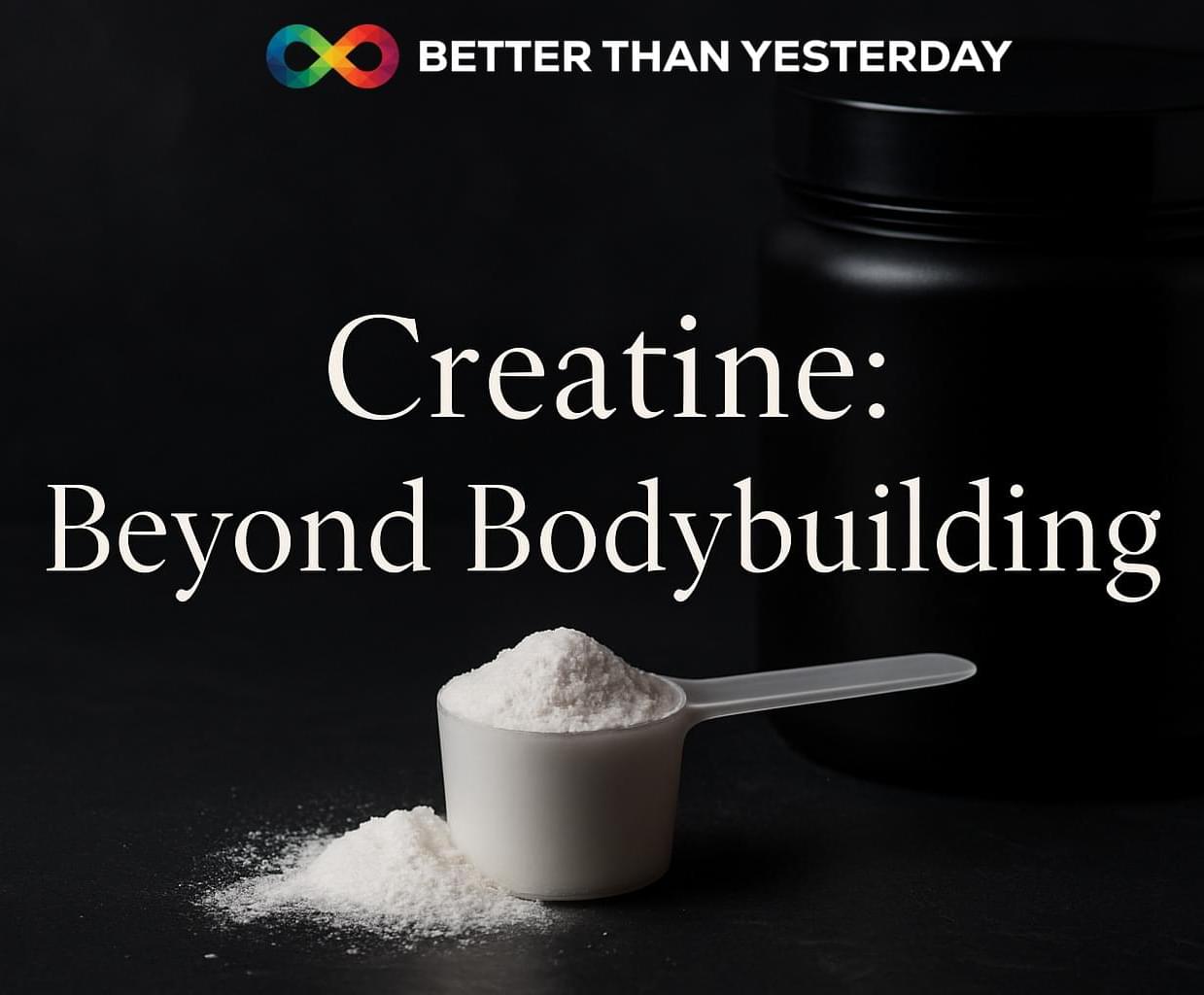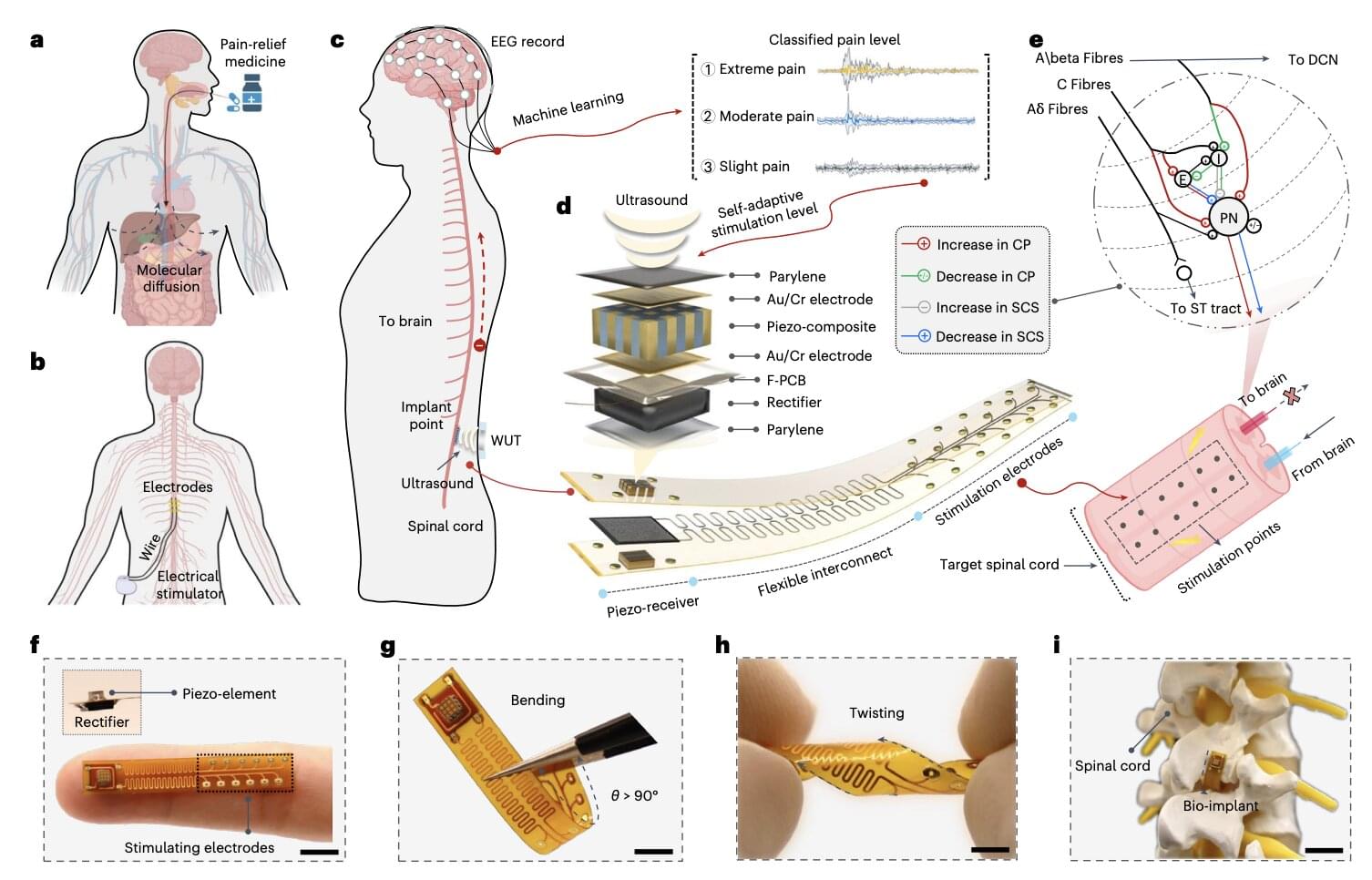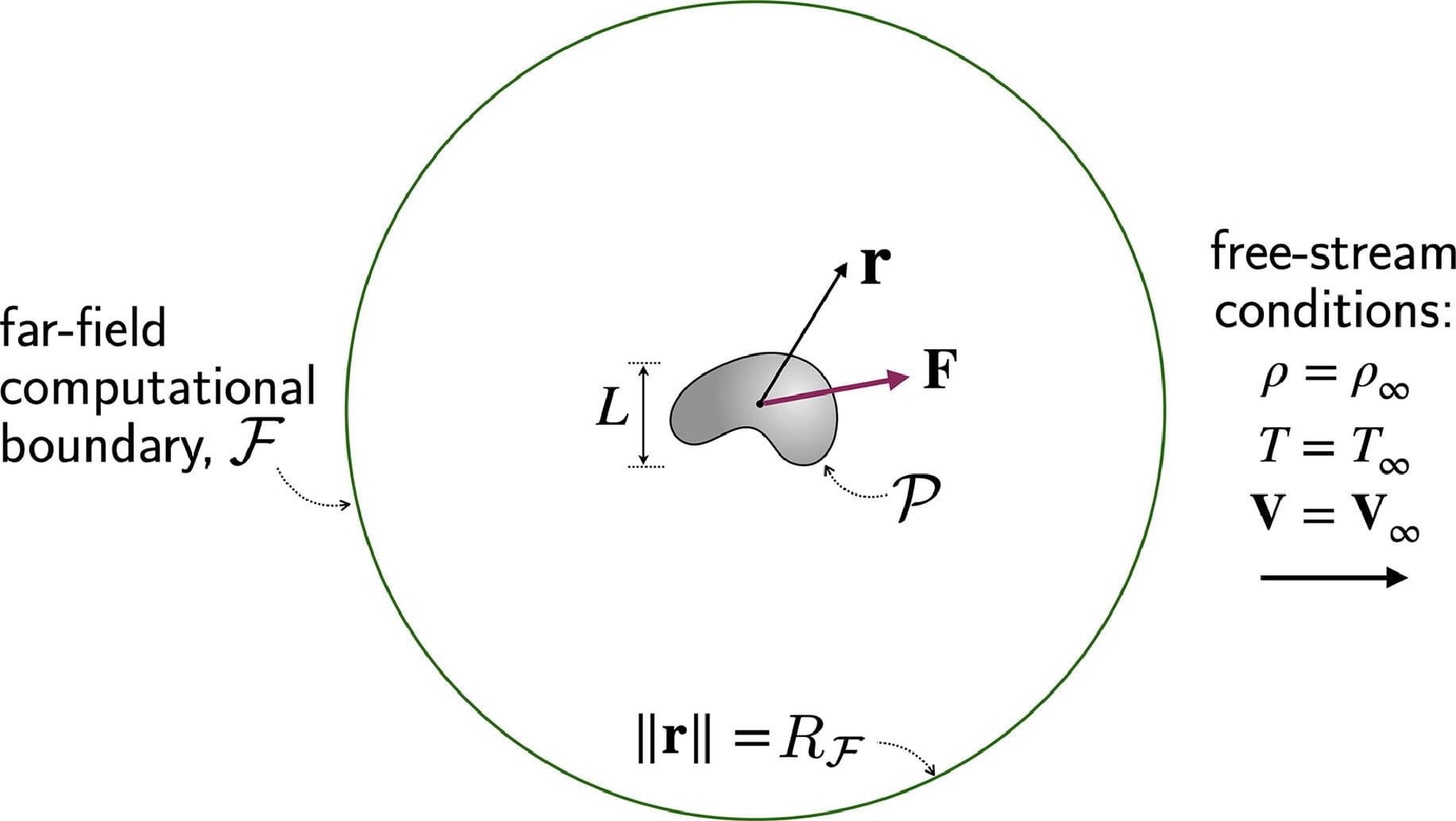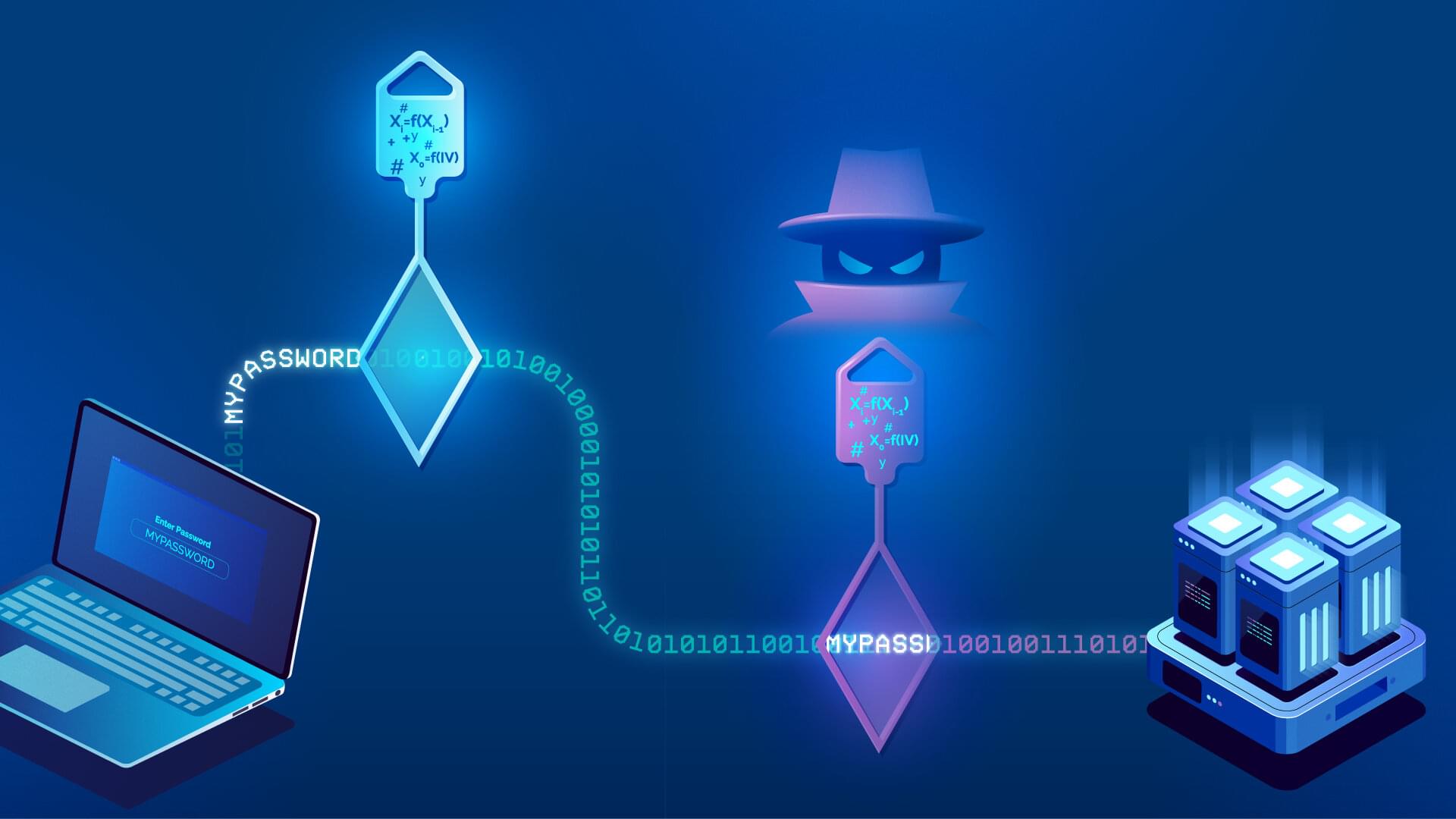In this episode of The Moss Report, Ben Moss sits down with Dr. Ralph Moss to explore the real-world pros and cons of using artificial intelligence in cancer research and care.
From AI-generated health advice to PubMed citations that don’t exist, this honest conversation covers what AI tools are getting right—and where they can dangerously mislead.
Dr. Moss shares the results of his own AI test across five major platforms, exposing their strengths and surprising failures.
Whether you’re a cancer patient, caregiver, or simply curious about how AI is shaping the future of medicine, this episode is essential listening.
Links and Resources:
🌿 The Moss Method – Fight Cancer Naturally – (Paperback, Hardcover, Kindle) https://amzn.to/4dGvVjp.








